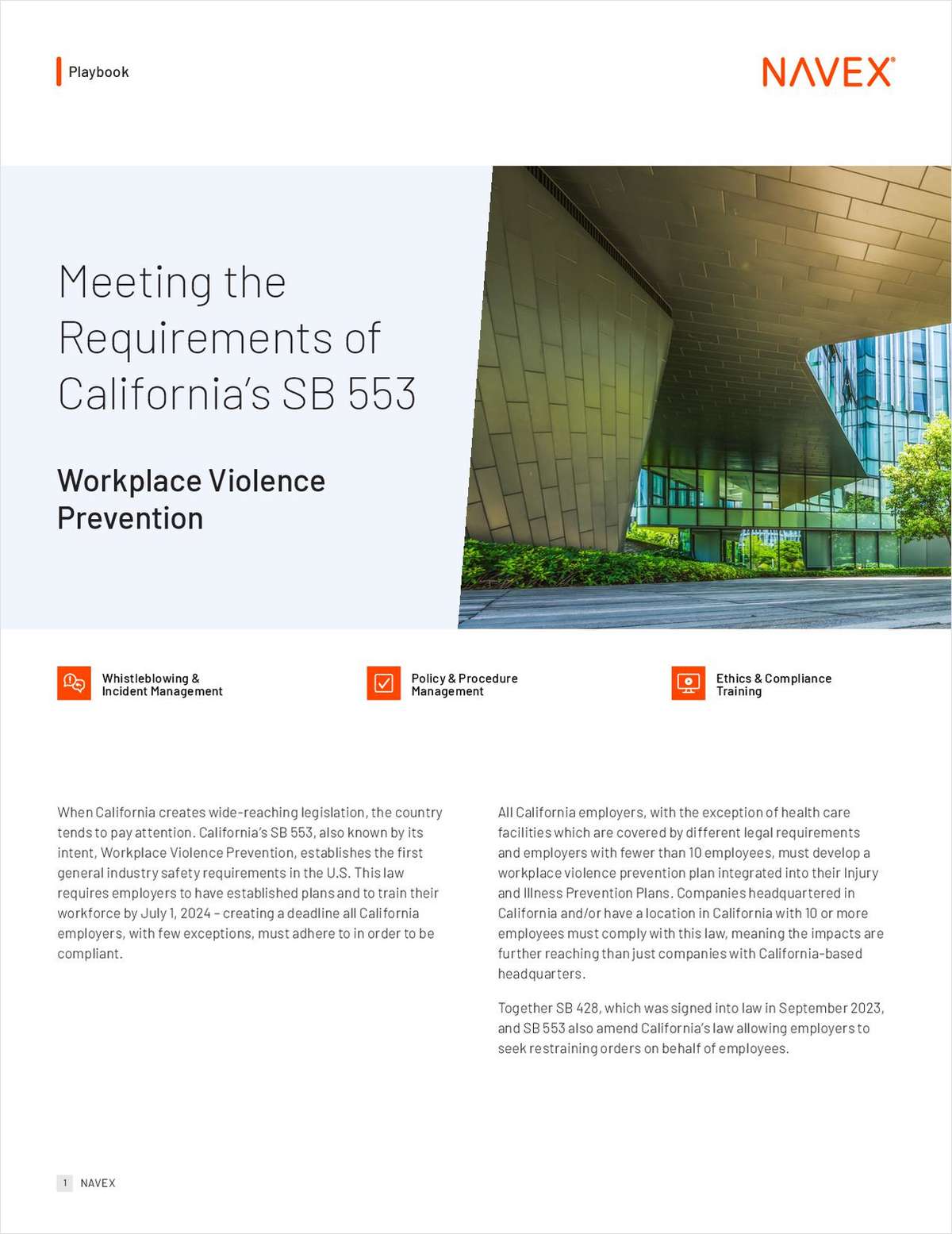 (Photo: John Disney/ALM)
(Photo: John Disney/ALM)Law Firm's Bankruptcy Looms Over Hardwick Embezzlement Trial
"Muddled" escrow accounts and the "poor condition of debtors' books and records" have delayed Morris Hardwick Schneider's bankruptcy proceedings, according to bankruptcy filings from the firm and its liquidating trustee.
September 21, 2018 at 02:49 PM
7 minute read
The original version of this story was published on Daily Report
Accounting records for Atlanta lawyer Nathan Hardwick IV's bankrupt former firm are expected to play a big part in his criminal trial for embezzlement, which started Sept. 17. Opening statements are scheduled for Monday in U.S. District Court for the Northern District of Georgia.
Morris Hardwick Schneider is still in bankruptcy proceedings, more than three years after it filed for Chapter 11, due to the “poor condition of the debtor's books and records,” according to a recent filing by the liquidating trustee in U.S. Bankruptcy Court for the Eastern District of Virginia.
The residential real estate closing and foreclosure firm filed for bankruptcy on July 5, 2015. At its peak, it had been one of the largest closing and default firms in the nation, with about 800 employees in 13 states. Hardwick, the majority owner, ran the closing operation from Atlanta, while brothers Mark and Gerard Wittstadt, who each owned 22.5 percent of the firm, ran the foreclosure side from Maryland.
Federal prosecutors indicted Hardwick, formerly MHS's managing partner, in February 2016, alleging that he stole almost $21 million from client escrow accounts from 2011 through the end of July 2014—and spent almost $16 million on charter jets, casinos, bookies and women alone.
MHS's former controller, Asha Maurya, pleaded guilty to a single count of conspiracy to commit wire fraud last year and is cooperating with the government.
Hardwick's defense team, led by Ed Garland of Garland, Samuel & Loeb, has maintained since the escrow shortfalls became public in August 2014 that Maurya was the culprit, not Hardwick.
'Muddled Escrow Accounts'
MHS, later renamed Morris Schneider Wittstadt, had “fully reconciled” the seven escrow accounts for the foreclosure side—to within 25 cents—but it was not able to reconcile the closing side's escrow accounts, according to the liquidation plan and related disclosure statement that the firm filed in June 2016.
When the law firm filed for bankruptcy, there were 54 escrow accounts for the closing side, holding a total of $4,655,905, its disclosure statement said.
The firm alleged in the disclosure statement that the books were in such bad shape because Hardwick and Maurya “caused money from the closing escrow accounts to be commingled with the firm's other escrow accounts and/or operating accounts by shifting money from account to account.”
They did that, the firm further alleged, because they were embezzling millions of dollars from the firm and trying to hide shortfalls in accounts.
“Simply stated, the closing escrow accounts became so muddled that the debtors cannot identify whether any non-debtor party may be entitled to any of the funds contained therein,” the disclosure statement said.
Last month, the liquidating trustee for the firm's bankruptcy case, Lynn Tavenner, asked for a fourth deadline extension to object to claims against the firm. Tavenner has not been able to analyze the claims under the “initial timetables contemplated,” her lawyers' filing said, because she “had spent a significant amount of time and resources attempting to rectify the poor condition of the debtors' books and records,” since her appointment two years ago.
U.S. Bankruptcy Judge Keith Phillips granted an extension of the initial Feb. 27, 2017, deadline until Dec. 19, which Tavenner's filing said would give her enough time to complete the “review, analysis and resolution of the numerous claims” filed against the firm.
Bankruptcy 'Relevant'
Hardwick's lawyers unsuccessfully asked Judge Eleanor Ross, who is hearing the criminal case, to exclude the firm's bankruptcy from the trial, arguing in a pretrial motion that its demise was due to the actions of Hardwick's former law partners, the Wittstadts and the firm's title insurer, Fidelity National Title, not Hardwick.
According to pretrial defense filings, a routine audit by Fidelity in mid-July 2014 uncovered an altered bank statement, which Hardwick alleges was done by Maurya so the firm could pass the audit. An internal audit ensued, which discovered shortfalls to MHS's escrow accounts. That investigation, the defense filings said, revealed “that the accounting was a 'mess' and that money had been 'kited' between the accounts, which appeared not to have been appropriately reconciled for some time.”
By the end of that July, a forensic accountant that the firm engaged estimated the shortfalls at $6.5 million. By mid-August, the estimate had ballooned to as much as $30 million.
Hardwick told his then-law partner Mark Wittstadt that “he had done nothing wrong but trust Ms. Maurya,” according to defense filings.
Hardwick's lawyers have said in pretrial filings that he was “the face of the firm,” and his role was business development, not managing operations for the residential real estate closing division of the firm.
When the problems at MHS were discovered by late July 2014, Hardwick, a golf fan, was attending the British Open with friends. He had chartered a plane using $685,000 paid by the firm, according to filings in the criminal case from the government and filings in a separate civil case from Mark Wittstadt.
At the beginning of August 2014, Hardwick returned $1.4 million to MHS that he said he'd been paid due to “excessive disbursements” by Maurya, and he secured $5 million in high-interest stopgap loans—$3 million from his client, professional golfer Dustin Johnson, and another $2 million from a local businessman, Jim Pritchard, to cover the initially discovered $6.5 million shortfall. Hardwick told Johnson and Pritchard that both loans, billed as investments in the firm, were backed by MHS.
The Wittstadts and Fidelity pushed Hardwick out in mid-August 2014 and renamed the firm Morris Schneider Wittstadt. (The title insurance company had agreed to cover escrow shortfalls up to $10 million in return for a 70 percent interest in MHS's sister company, LandCastle Title. It subsequently became LandCastle's sole owner after spending more than $22 million to prop up the escrow accounts.)
The firm and LandCastle then sued Hardwick in Fulton County Superior Court on Aug. 25, 2014, claiming he had embezzled as much as $30 million from MHS and spent it on gambling, charter jets, girlfriends and failed real estate deals. The suit shocked the legal and residential real estate communities.
Even though MHS was able to cover the escrow shortfalls, Hardwick's lawyers argued in a pretrial motion in limine, bad publicity from the civil suit instigated by the Wittstadts and Fidelity caused clients to flee and drove the firm into bankruptcy, so the firm's bankruptcy should be excluded from the trial.
(The Wittstadts have claimed in a separate civil suit that it was actually the bad publicity from subsequent creditor suits from Johnson and Pritchard against the firm, themselves and Hardwick that triggered clients' exodus and led to the firm's bankruptcy.)
But Judge Ross denied the defense motion to keep the jury from hearing about the bankruptcy. Ross ruled that, based on evidence that the government prosecutors will present, the jury “could find [the firm's collapse] was in large part due to defendant's actions,” and “this evidence is relevant to the issue of whether defendant acted with intent to defraud.”
READ MORE:
This content has been archived. It is available through our partners, LexisNexis® and Bloomberg Law.
To view this content, please continue to their sites.
Not a Lexis Subscriber?
Subscribe Now
Not a Bloomberg Law Subscriber?
Subscribe Now
NOT FOR REPRINT
© 2024 ALM Global, LLC, All Rights Reserved. Request academic re-use from www.copyright.com. All other uses, submit a request to [email protected]. For more information visit Asset & Logo Licensing.
You Might Like
View All
From Roadblock to Opportunity: Rethinking Client Conflict Processes in Lateral Partner Recruiting
8 minute read
Surpassing Cravath Associate Pay Scale, Boutique Seeks to Stay Above Market
3 minute read
Law Firms Move to Remote Work, Await Reopenings After Asheville Flooding
8 minute read
Has the Bankruptcy Practice Scandal Harmed Jackson Walker's Business or Reputation?
7 minute readTrending Stories
- 1The Law Firm Disrupted: Playing the Talent Game to Win
- 2A&O Shearman Adopts 3-Level Lockstep Pay Model Amid Shift to All-Equity Partnership
- 3Preparing Your Law Firm for 2025: Smart Ways to Embrace AI & Other Technologies
- 4BD Settles Thousands of Bard Hernia Mesh Lawsuits
- 5A RICO Surge Is Underway: Here's How the Allstate Push Might Play Out
Featured Firms
Law Offices of Gary Martin Hays & Associates, P.C.
(470) 294-1674
Law Offices of Mark E. Salomone
(857) 444-6468
Smith & Hassler
(713) 739-1250








